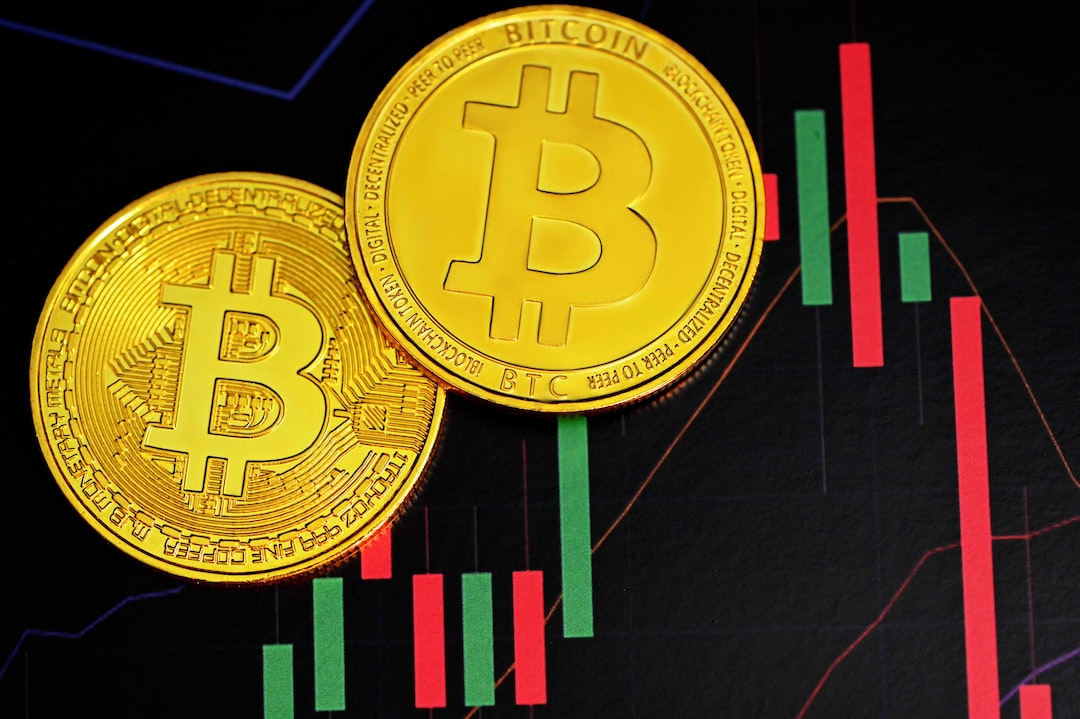The Rise of Bitcoin and the Challenge to Traditional Banking
As you’ve probably heard, Bitcoin has been making waves in the financial world. It’s a digital currency that operates independently of any central bank or government. This means that transactions can be made without the need for intermediaries like banks. For some, this poses a threat to traditional banking systems. For others, it presents an exciting opportunity for innovation and financial freedom.
Bitcoin: A Threat to Traditional Banking?
One of the main reasons why Bitcoin is seen as a threat to traditional banking is its decentralized nature. With traditional banking, your money is held and controlled by a central authority – the bank. This means that they have the power to freeze your account, impose fees, and even deny you access to your own funds.
Bitcoin, on the other hand, is decentralized and operates on a peer-to-peer network. This means that there is no single point of control or failure. Your funds are stored in a digital wallet that only you have access to. Transactions are verified by network participants and recorded on a public ledger called the blockchain.
The Opportunities Presented by Bitcoin
While some see Bitcoin as a threat to traditional banking, others view it as an opportunity for financial innovation. The technology behind Bitcoin – blockchain – has the potential to revolutionize the way we transact and store value. Blockchain technology allows for secure, transparent, and efficient transactions without the need for intermediaries.
With Bitcoin, you have full control over your funds and can send money anywhere in the world at any time without the need for a bank or payment processor. This opens up new possibilities for financial inclusion and access to services for people who are underserved by traditional banking systems.
The Benefits of Bitcoin Over Traditional Banking
When comparing Bitcoin to traditional banking, there are several key benefits that stand out:
- Decentralization: With Bitcoin, there is no central authority controlling your funds. This reduces the risk of censorship, fraud, or manipulation.
- Global Access: Anyone with an internet connection can use Bitcoin, regardless of their location or background.
- Lower Fees: Sending and receiving Bitcoin typically incurs lower fees compared to traditional banking transactions.
- Security: The cryptographic nature of Bitcoin makes it resistant to fraud and theft.
The Challenges of Using Bitcoin
While there are many benefits to using Bitcoin, there are also some challenges that users may encounter:
- Volatility: The price of Bitcoin can fluctuate significantly, which can make it risky as a store of value or medium of exchange.
- Lack of Regulation: The regulatory environment for cryptocurrencies is still evolving, which can create uncertainty for users and businesses.
- Security Risks: If not properly secured, digital wallets and exchanges can be vulnerable to hacking and theft.
Frequently Asked Questions About Bitcoin vs Traditional Banking
Is it safe to use Bitcoin instead of traditional banking?
While Bitcoin offers unique security features such as cryptographic encryption and decentralization, it also comes with its own set of risks. It’s important to educate yourself about best practices for securing your digital assets if you choose to use Bitcoin.
Can I use Bitcoin for everyday transactions?
Yes, many businesses now accept Bitcoin as a form of payment. However, due to its volatility and limited acceptance compared to traditional currency, it may not be practical for everyday use in all cases.
How does the cost compare between using Bitcoin and traditional banking?
In general, using Bitcoin can result in lower transaction fees compared to traditional banking. However, the cost-effectiveness may depend on factors such as exchange rates and network congestion at the time of your transaction.
What are the legal implications of using Bitcoin?
The legal status of cryptocurrencies varies from country to country. It’s important to be aware of any regulations or tax implications that may apply when using or trading in cryptocurrencies.
In conclusion
Bitcoin presents both opportunities and challenges when compared to traditional banking systems. While it offers greater control over your funds and lower transaction fees, it also comes with risks such as price volatility and security vulnerabilities. Whether you see it as a threat or an opportunity ultimately depends on your perspective and individual circumstances.
So what do you think? Is Bitcoin a threat or an opportunity for traditional banking? As with any new technology or financial instrument, it’s important to weigh the potential benefits against the risks before making any decisions.
Remember – whether you choose traditional banking or embrace cryptocurrencies like Bitcoin, staying informed and making educated choices is key to managing your finances effectively in today’s rapidly changing landscape.





 By
By
 By
By
 By
By
 By
By

 By
By